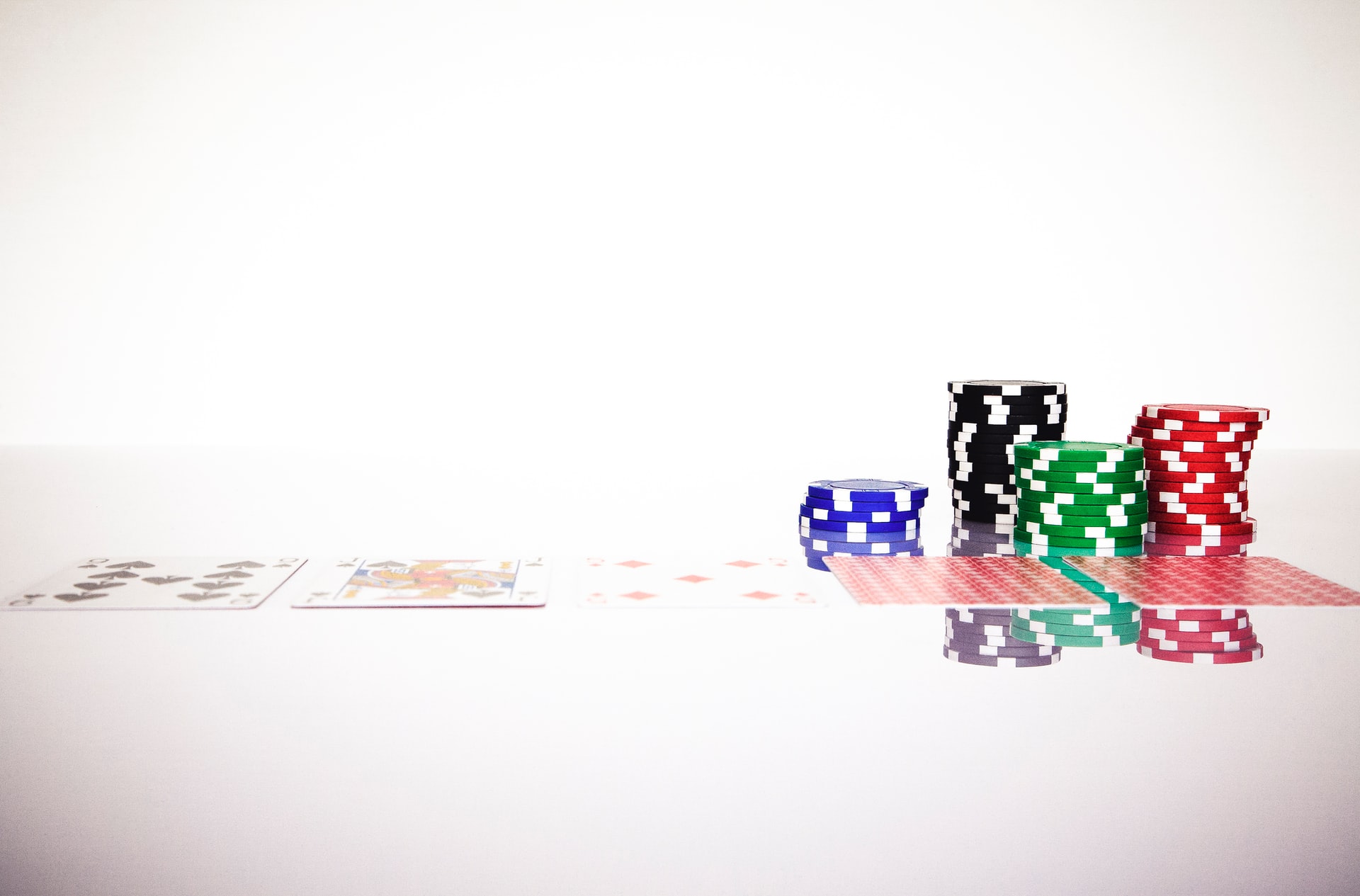
Building products is an uncertain activity for both independent builders and well-funded entities alike. Josh Pigford lists 62 projects he worked on before creating and selling his multi-million dollar business Baremetrics and Pieter Levels, with million-dollar revenue sites like RemoteOK, mentions that only 4 out of 70+ of his projects made money. Most unicorn startups also started as bets in venture capitalist portfolios where the majority of companies failed.
Statistics
Both product builders and players of betting games like poker evaluate bets on their probability of success, their expected return, and how much each bet costs to make. The probability of success and expected return lets betters calculate an expected value (EV) of a bet that needs to be greater than the cost of the bet for the strategy to be profitable.
A bet with a 10% chance of success and expected return of $1000 has an expected value of $100 (0.1*1000 = 100) so it needs to cost less than $100.
Unfortunately, both probabilities and returns of bets are much harder to estimate for real-world products than in artificial betting games so cost becomes a more important factor. EV-calculations are also mostly relevant when someone can afford to make a large number of bets (their relevance depends on how well ones situation adheres to a statistical property called ergodicity).
Strategies
Because of ergodicity, strategies for betting on products have similarities to specifically tournament poker strategies where the types of bets people make depend on how many bets they can afford to make.
Venture capitalists use strategies similar to poker players with lots of chips that expect to have many rounds left in the tournament. If they can afford to make 100 bets, betting on opportunities with even just a 3% chance of success becomes attractive when the return is large enough.
Independent product builders act more like short-stacked poker players with only a few bets left to make before they get knocked out of the tournament. Betting on low-probability outcomes will most likely lead to overall failure, even when the bets all have positive expected value. Instead, they often adopt a stair step approach that focuses only on the highest-probability opportunities to grow their resources and skills to eventually allow more speculative bets.
Most of the world’s greatest entrepreneurs have also stair-stepped themselves through several companies to reach their pinnacles, including Elon Musk who built Zip2 before PayPal and only then attempted building Tesla and SpaceX.
A conclusion from this model is that one can increase the variety of bets one can make if one can reduce the cost and afford more bets. Reducing the cost of bets will be the subject of a future post.

